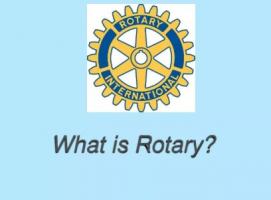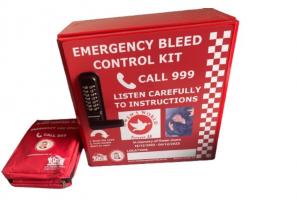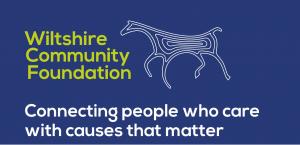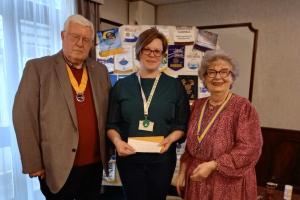Speaker Meeting on Zoom, 6pm
Mon, Aug 3rd 2020 at 6:30 pm - 8:00 pm
Speaker: Melanie Tiley, Community Development Manager, Brain Tumour Research

Our online speaker was Melanie Tiley who is the Community Development Manager for Brain Tumour Research. Brain Tumour Research is a UK-based medical research charity dedicated to funding research and raising awareness of brain tumours. The charities vision is to find a cure for brain tumours of all kinds of which there are 140. It works with and funds a network of experts in sustainable research at dedicated Centres of Excellence across the UK. It also focuses on influencing the Government and larger cancer charities to invest more nationally.
In 2004, an informal partnership of several regional UK charities working to raise funds for brain tumour research and support agreed to join forces under the banner of the United Brain Tumour Campaign, committing themselves to work together to increase awareness across the UK and achieve a common goal to raise funds specifically for research in the UK into the prevention and treatment of brain tumours. Brain Tumour Research was launched as a national charity in 2009.
Brain Tumour Research Centres of Excellence:
(1) University of Portsmouth: Brain Tumour Research’s inaugural Centre is led by Professor Geoff Pilkington, a world renowned expert in Neuro-oncology. Research at the University of Portsmouth is also supported by funds being brought in by other charities, including Ali's Dream, Charlie's Challenge, Anna's Hope, Headcase, the Ollie Young Foundation, the Dr Hadwen Trust, and Children with Cancer.
(2) Queen Mary University of London: Professor Silvia Marino, one of the UK’s leading neuropathologists, leads the Queen Mary University of London research team, in collaboration with UCL Institute of Neurology. Their research focuses on glioblastoma multiforme (GBM), the most common and most aggressive type of brain tumour found in humans.
(3) Imperial College Healthcare NHS Trust: Led by Mr Kevin O’Neill, a consultant neurosurgeon at Imperial College Healthcare NHS Trust, a team of world-class researchers are investigating the biology of tumour metabolisms to further understand the behaviour of this disease.
(4) Plymouth University: Led by Professor Oliver Hanemann, the Plymouth University centre conducts research into low-grade brain tumours occurring in teenagers and adults. By identifying and understanding the mechanism that makes a cell become cancerous, the team explore ways in which to halt or reverse that mechanism.
Melanie said there are various ways we could support the Charity. These include signing up to “Amazon Smile” and then a percentage of all our Amazon purchases go to your nominated charity. Another is Ziffit.com which buys unwanted books/CDs/DVDs.
Afterwards Melanie Tiley sent an email to us: "I just wanted to say thanks so much for inviting me to speak last night. I hope that you all learnt something from the talk, and I was grateful to share. As I said behind every statistic is a real story and real lives which I always remember. It would be wonderful if you were able to support us in some way, as each day of research costs indicatively £2,740. Here are the details of the Walk of Hope that I mentioned, and perhaps something you may wish to join in with. If there is anything else that I can do, or you require any further information then do let me know. Best wishes in the meantime."
'What We Do' Main Pages:

Will you join our 250-Club lottery? We have run it for more than 25 years and in that time it has raised tens of thousands of Pounds for charity
more
Rotary is one of the largest and most successful global membership and humanitarian service organisations in the world. It has 1.4 million members in over 200 countries.
more
We make another donation to the charity which provides emergency shelter and assistance when disasters strike
more
A Partner Club is a Rotary club that supports ShelterBox's work in disaster relief by donating over £2,000 in a Rotary year
more
Rotary’s second major donation, of £208,000, was handed over on 7th July 2021 when local Rotarians visited the Great Western Hospital to view the build progress of the nearly completed radiotherapy unit.
more
Brighter Futures launched their Radiotherapy Appeal in 2015. Today, 7 years later, a ribbon cutting ceremony has taken place at the Great Western Hospital
more
Rotarian Terry Williams' remarkable and unique fund raising effort, living in a ShelterBox emergency tent for a week in the Market Place, Highworth
more


